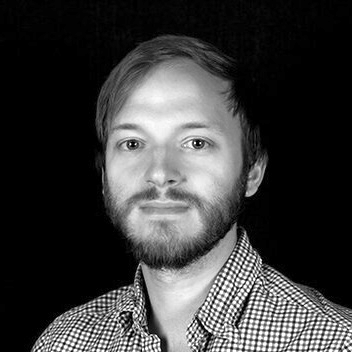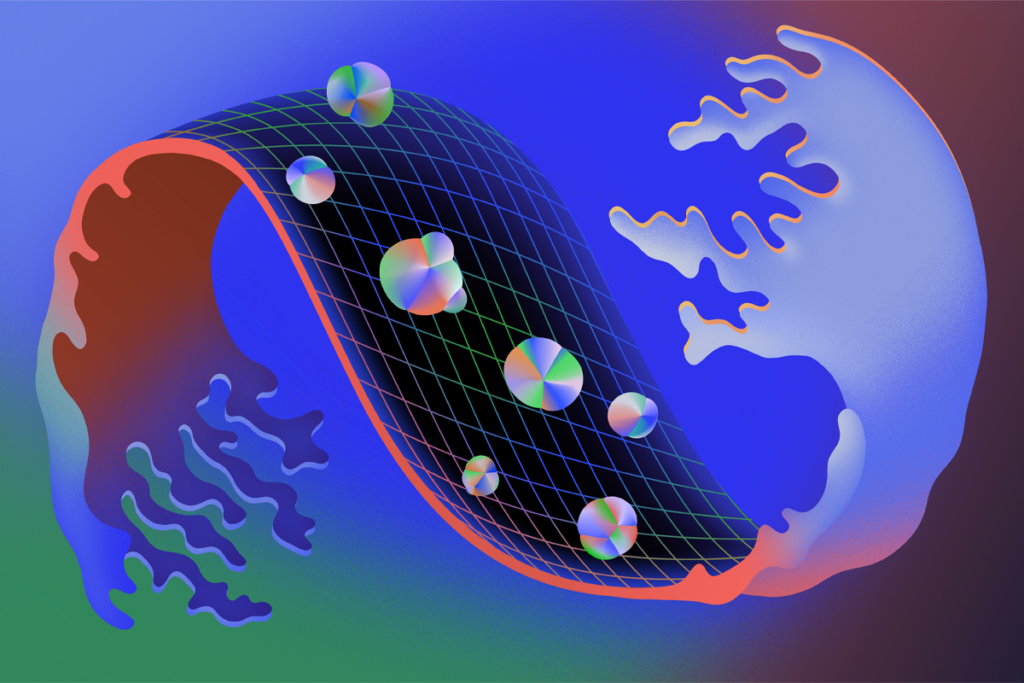Matthew G. Perich is assistant professor of neuroscience at the University of Montreal and an associate member of Mila, the Quebec Artificial Intelligence (AI) Institute. His lab’s research spans neurophysiology experiments, computational neuroscience and AI to uncover neural principles driving behavior across the animal kingdom.
Perich earned his Ph.D. from Northwestern University, studying cortical control of movement in monkeys in Lee Miller’s lab. He then completed a postdoctoral fellowship at the University of Geneva developing brain-controlled spinal stimulation therapies for movement rehabilitation, followed by a second postdoc at the Icahn School of Medicine at Mount Sinai with Kanaka Rajan and Karl Deisseroth, developing models of whole-brain recordings in zebrafish.





